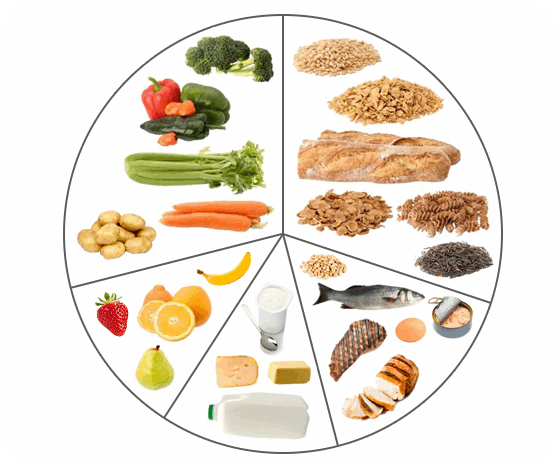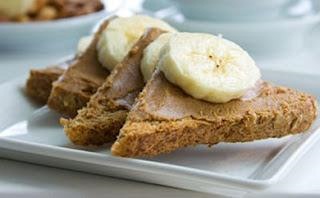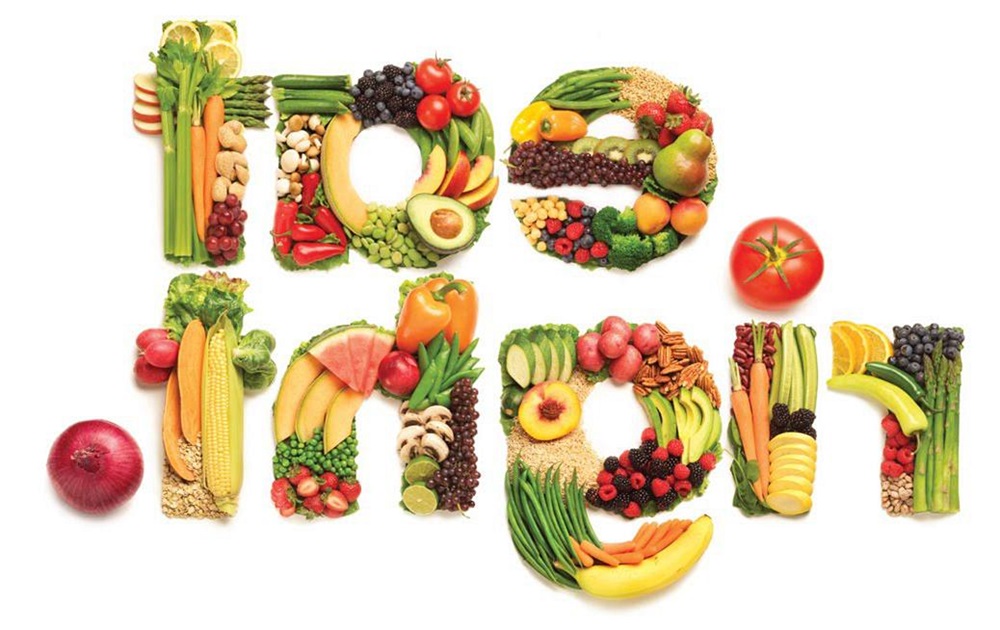Last Updated on: 18th December 2024, 12:30 pm
The teenage years are crucial for establishing lifelong healthy habits. Nutrition and fitness significantly impact physical growth and mental well-being. This guide provides teenagers with essential knowledge and tools to make informed health choices. Understanding balanced diets and regular physical activity helps set a foundation for a healthy future.
This guide offers practical advice for incorporating healthy choices into daily life. It covers macronutrients, physical activity, and more, equipping teenagers with the insights needed to navigate health and wellness confidently.
Understanding the Basics of Nutrition

Macronutrients: Proteins, Carbohydrates, and Fats
- Proteins: Essential for muscle and tissue repair.
- Carbohydrates: Main energy source for brain and muscles.
- Fats: Important for vitamin absorption and energy.
Micronutrients: Vitamins and Minerals
Micronutrients support bone health and immune function. A colorful plate often indicates a meal rich in vitamins and minerals, crucial for growth and development.
The Role of Water in Maintaining Health
Water is vital for digestion, nutrient transport, and temperature regulation. Staying hydrated is essential for active teenagers to maintain physical and mental performance.
How to Read and Understand Food Labels
Food labels provide nutritional information, helping you make informed choices. Understanding serving size, calorie count, and nutrient breakdown is crucial for a balanced diet.
The Importance of a Balanced Diet

The Concept of a Balanced Plate
A balanced plate includes fruits, vegetables, grains, and proteins. Fruits and vegetables provide vitamins and minerals, grains offer fiber and energy, and proteins are essential for muscle repair and growth.
The Impact of Diet on Physical and Mental Health
A nutritious diet enhances energy levels, physical performance, and mental health. Nutrient-rich foods improve focus and reduce symptoms of depression and anxiety.
Debunking Common Diet Myths
Balance is key, not extreme diets. Skipping meals or cutting food groups can deprive necessary nutrients. Focus on variety to ensure a full range of nutrients.
Tips for Making Healthier Food Choices
- Choose whole foods: Fresh fruits, vegetables, and whole grains over processed options.
- Read labels: Understand food content for informed choices.
- Stay hydrated: Opt for water over sugary drinks.
- Plan meals: Prepare in advance for a balanced diet.
Fitness Fundamentals for Teenagers

Diverse Physical Activities: A Path to Comprehensive Fitness
Engage in various activities for comprehensive fitness. Strength training builds muscle, endurance activities improve heart health, flexibility exercises enhance mobility, and balance exercises boost coordination.
Setting Achievable Fitness Goals
Set clear, realistic fitness goals, such as running a specific distance or mastering a yoga pose. These goals should be challenging yet attainable.
The Power of Consistency and Patience
Consistency is key. Regular activity, even in short sessions, yields benefits over time. Be patient; physical changes and skill improvements take time.
Integrating Physical Activity into Daily Life
Incorporate fitness into daily routines. Walk or bike to school, take exercise breaks, or join sports teams. These activities enhance health and add fun to daily life.
Overcoming Challenges to Nutrition and Fitness

Common Barriers and Solutions
Time constraints, limited access to healthy foods, and lack of motivation are common barriers. Plan meals and workouts, explore local markets, and set small goals to overcome these challenges.
The Influence of Social Media
Social media can impact body image and nutrition views. Follow accounts promoting realistic health standards and focus on personal health rather than comparison.
Strategies Against Peer Pressure
Stay true to health goals despite peer pressure. Use knowledge to make informed choices and find supportive friends with similar goals.
Overcoming challenges involves personal resolve, planning, and supportive communities, establishing a foundation for lifelong health.
Nutrition and Fitness for Special Needs

Adjusting Nutrition and Fitness Plans
- Teenagers with chronic illnesses or disabilities need tailored nutrition and fitness plans. Adjustments ensure optimal health.
- Focus on how nutrients support unique needs.
- Adapt fitness activities to abilities for safe, effective workouts.
The Importance of Consulting Healthcare Professionals
- Personalized advice from healthcare professionals is crucial. They guide diet and exercise adjustments for specific needs.
- This ensures steps towards better health, avoiding potential harm.
- With expert advice, teenagers with special needs can benefit from nutrition and fitness like their peers.
Every teenager’s health journey is unique. Individualized plans and professional guidance help those with special needs navigate wellness confidently.
Final Thoughts
Health is crucial in your teens. Balancing nutrition and fitness helps navigate growth confidently. Embrace balanced meals, regular activity, and resilience against societal pressures for lifelong wellness.

